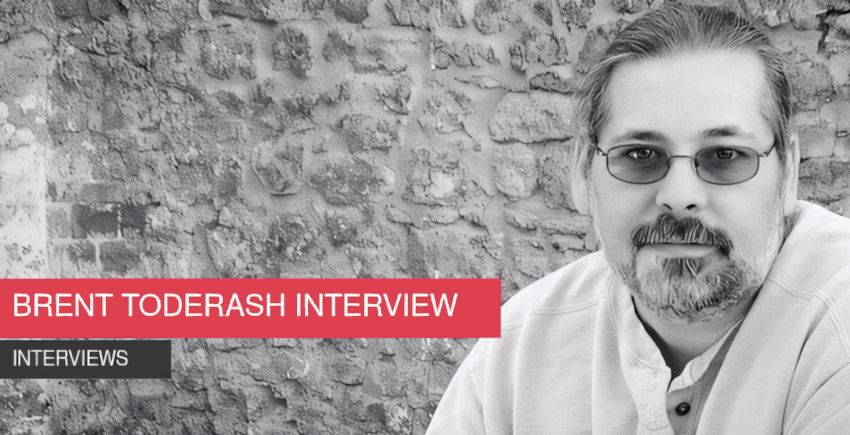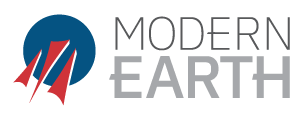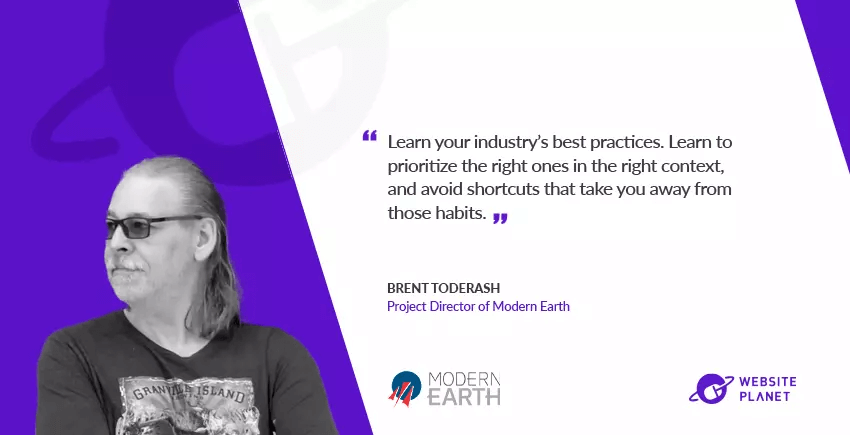I was approached a little while back by Website Planet to participate in an interview series they were doing with various industry leaders about how they “develop solutions that thrive even in the most competitive markets, and what emerging trends they’re going to leverage to keep their competitive edge.” I wasn’t sure I could live up to the billing, but Roberto Popolizio had some good questions to frame the discussion.
I didn’t see the article title before publication, but “How We Disrupt WordPress Managed Servicing” wouldn’t be far off of what we’re doing. My use of the phrase “Managed WordPress Hosting” took place before mid-September 2024, but what I describe is a managed services bundle that incorporates is wider than just WordPress. As you can see in the interview, this is a reflection on our approach in general, where we look for ways to look after the technical details on behalf of our clients while leveraging their web platforms to aid their business processes.
When we align the goals and expectations [of our clients], we can often streamline workflows, remove manual processes, and improve the bottom line in ways that you might not typically think a website would do.
We covered a number of other topics as well, so I’d encourage you to give it a read.

If you’re interested in this theme, you may also enjoy a Code Poet interview from 2013, where I talk about a project from more than a decade ago (that long already?) using WordPress as an application framework. This is relevant to point out here that the approach I talked about with Website Planet isn’t new, but one whose case has only been improving over the past decade. Today, we’re extending WordPress and WooCommerce to address new use cases for our clients, leveraging the availability of well-maintained open source software to build applications with reduced development and ongoing maintenance costs. Back in 2013, I said,
For me, the main thing is about the future of building applications on WordPress. This was something I felt was coming two years ago when architecture decisions were being made as we started the project, and it’s something Matt Mullenweg has started talking about publicly as well. I’m keen to see this trend evolve, but I think it’s important to understand where we are now and what it’s going to take to get some momentum going. There are a lot of fairly basic applications that don’t need much discussion…those can be straightforward enough that a few custom post types and custom functions may be all that’s really needed. But for more complex applications, the gap between where we are and where we want to be really starts to show.
Where we are today is much further along on this evolution, with the most significant change being not so much Gutenberg (although it helps), but the REST API that we now have in WordPress core. This, along with a significant number of smaller enhancements accumulated — over what, 30+ major releases? — since this earlier interview, has made the task a lot easier. As WordPress has continued to mature, it’s opened up the possibility of a much more powerful set of features that we can consider building. We’re currently working on one such application for a client’s SasS product that will include offline availability, which is something we wouldn’t have dreamed of ten years ago.
WordPress may be undergoing some community strain at the moment but it will pass with some form of resolution. As it does, the open source software at the center of the WordPress community will continue to improve to support this approach, as more and more applications are simply running in standard web browsers.


